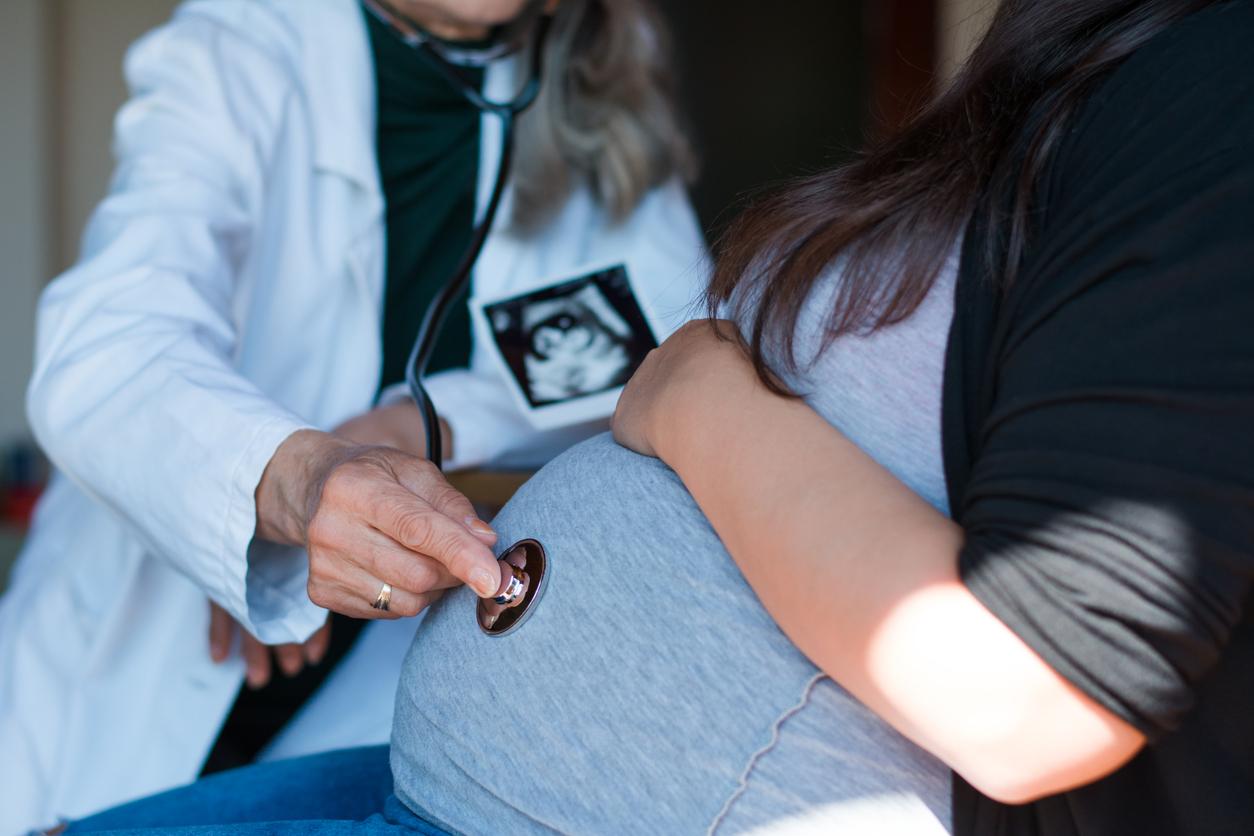In a report, the Court of Auditors judges perinatal health outcomes to be “poor”, with high mortality among children at birth and during the first month of life, and points to various factors.

- In France, the stillbirth rate, of 3.8% between 2015 and 2020, is among the highest in Europe for twenty years, without any improvement.
- With a neonatal mortality rate of 2.7%, France is currently ranked 22nd out of 34 European countries.
- 60% of maternal deaths are considered potentially preventable due to suboptimal care.
“While the financial resources devoted to perinatal policy are increasing (9.3 million euros in 2021, an increase of 9% compared to 2016) and the birth rate is falling (with a 5.3% drop over the same period), the results observed in terms of health raise the question of the efficiency of the resources allocated [à la politique de périnatalité]”indicates the Court of Auditors in a report published in early May.
Infant mortality too high according to the Court of Auditors
Indeed, the instance points “a very mediocre performance of France compared to other European countries” concerning the three main indicators of perinatal health: stillbirth, neonatal mortality and maternal mortality.
There stillbirth refers to children born dead after 6 months of pregnancy. In France, the stillbirth rate, of 3.8% between 2015 and 2020, is among the highest in Europe for twenty years, without any improvement.
There neonatal mortality concerns the death of children aged less than 28 days, i.e. during the first month of life. France is currently 22e out of 34 European countries, with a rate of 2.7%.
“If the French neonatal mortality rate had been identical to that of the best European countries, nearly 40% of the deaths recorded in France between 2015 and 2017 could have been avoided, which represents 2,079 children.“, we can read in the summary of the report.
For maternal mortality, France is average for European countries, with around 90 deaths per year occurring during pregnancy and up to 42e day after birth. The rate is thus 8.5 deaths per 100,000 births.
“60% of maternal deaths are nevertheless considered potentially preventable, explain the authors. In two thirds of cases, they intervened after non-optimal care, due in particular to dysfunctions in the care system and in the perinatal care pathways.“
Perinatal health: different factors explain these “poor” results
The Court of Auditors explains these poor results by different factors: overweight, obesity, excessive – or insufficient – weight gain during pregnancy, risky consumption (tobacco, alcohol, etc.) and late age. pregnancies. Those after 35 now represent almost a quarter of births in France and are “associated with increased risks for mothers and children, as well as greater obstetric complications.“Social and territorial inequalities also play a very important role.
The report also highlights the provision of care and in particular “around twenty maternity wards [qui] still deviates from the minimum threshold of 300 annual deliveries, set in 1998 with regard to requirements for quality and safety of care.”
The Court of Auditors is calling for increased prevention measures and better support for parents by strengthening the return home support program.















